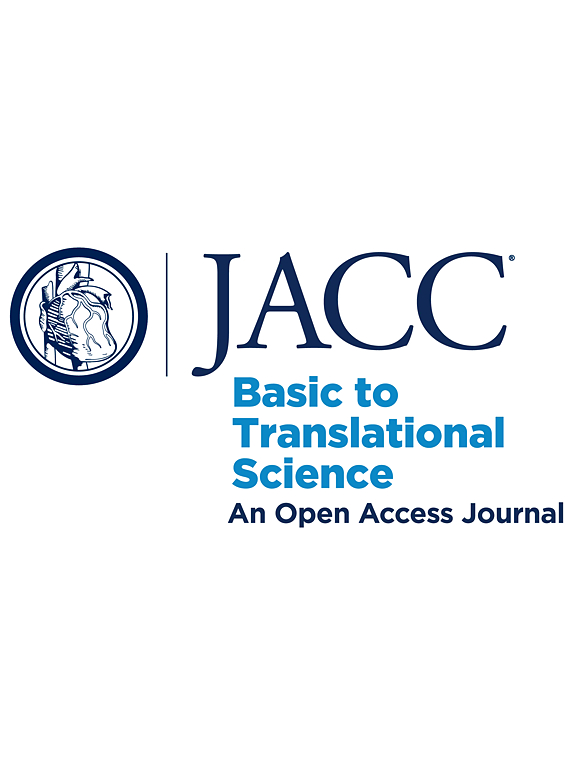Harnessing Mitochondrial Transplantation to Target Vascular Inflammation in Cardiovascular Health
IF 8.4
1区 医学
Q1 CARDIAC & CARDIOVASCULAR SYSTEMS
引用次数: 0
Abstract
Mitochondrial dysfunction is a key contributor to vascular inflammation in many cardiovascular diseases. This review explores mitochondrial transplantation as a promising strategy for addressing mitochondrial dysfunction and vascular inflammation. We discuss mitochondrial dysfunction across different vascular cell types and current clinical management strategies, highlighting the need for novel approaches that directly target mitochondrial health. We also present recent progress in mitochondrial transplantation across cardiac, neurovascular, and peripheral vascular applications in preclinical settings, as well as ongoing clinical trials. Important technical considerations, such as mitochondria sourcing, delivery routes, and storage, are discussed to facilitate future translation. By reinstating mitochondrial health and hence mitigating vascular inflammation, mitochondrial transplantation holds the potential to provide novel, targeted therapies for cardiovascular diseases, ultimately improving patient outcomes, reducing disease progression, and addressing unmet medical needs in vascular health. The translation of this technology into clinical practice could offer significant advances in the treatment of a wide range of cardiovascular conditions.
利用线粒体移植靶向心血管健康中的血管炎症
线粒体功能障碍是许多心血管疾病中血管炎症的关键因素。这篇综述探讨了线粒体移植作为解决线粒体功能障碍和血管炎症的有前途的策略。我们讨论了不同血管细胞类型的线粒体功能障碍和当前的临床管理策略,强调了直接针对线粒体健康的新方法的需求。我们还介绍了线粒体移植在心脏、神经血管和外周血管的临床前应用的最新进展,以及正在进行的临床试验。重要的技术考虑,如线粒体来源,输送路线和储存,讨论以促进未来的翻译。通过恢复线粒体健康,从而减轻血管炎症,线粒体移植具有为心血管疾病提供新型靶向治疗的潜力,最终改善患者预后,减少疾病进展,并解决血管健康方面未满足的医疗需求。将这项技术转化为临床实践,可以在治疗多种心血管疾病方面取得重大进展。
本文章由计算机程序翻译,如有差异,请以英文原文为准。
求助全文
约1分钟内获得全文
求助全文
来源期刊

JACC: Basic to Translational Science
CARDIAC & CARDIOVASCULAR SYSTEMS-
CiteScore
14.20
自引率
1.00%
发文量
161
审稿时长
16 weeks
期刊介绍:
JACC: Basic to Translational Science is an open access journal that is part of the renowned Journal of the American College of Cardiology (JACC). It focuses on advancing the field of Translational Cardiovascular Medicine and aims to accelerate the translation of new scientific discoveries into therapies that improve outcomes for patients with or at risk for Cardiovascular Disease. The journal covers thematic areas such as pre-clinical research, clinical trials, personalized medicine, novel drugs, devices, and biologics, proteomics, genomics, and metabolomics, as well as early phase clinical trial methodology.
 求助内容:
求助内容: 应助结果提醒方式:
应助结果提醒方式:


